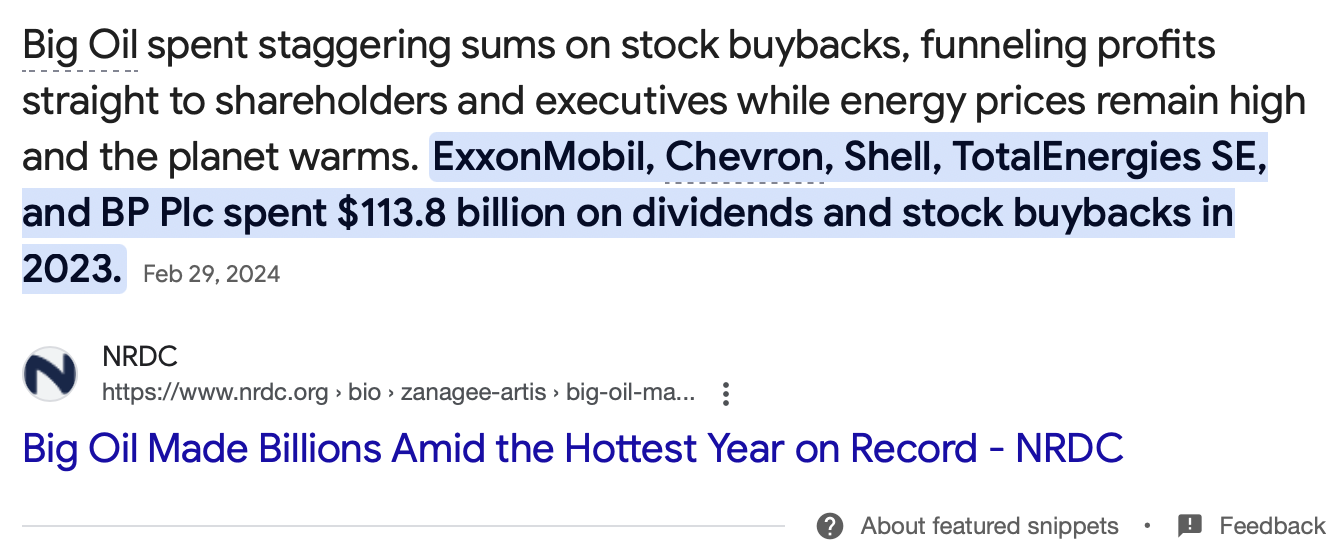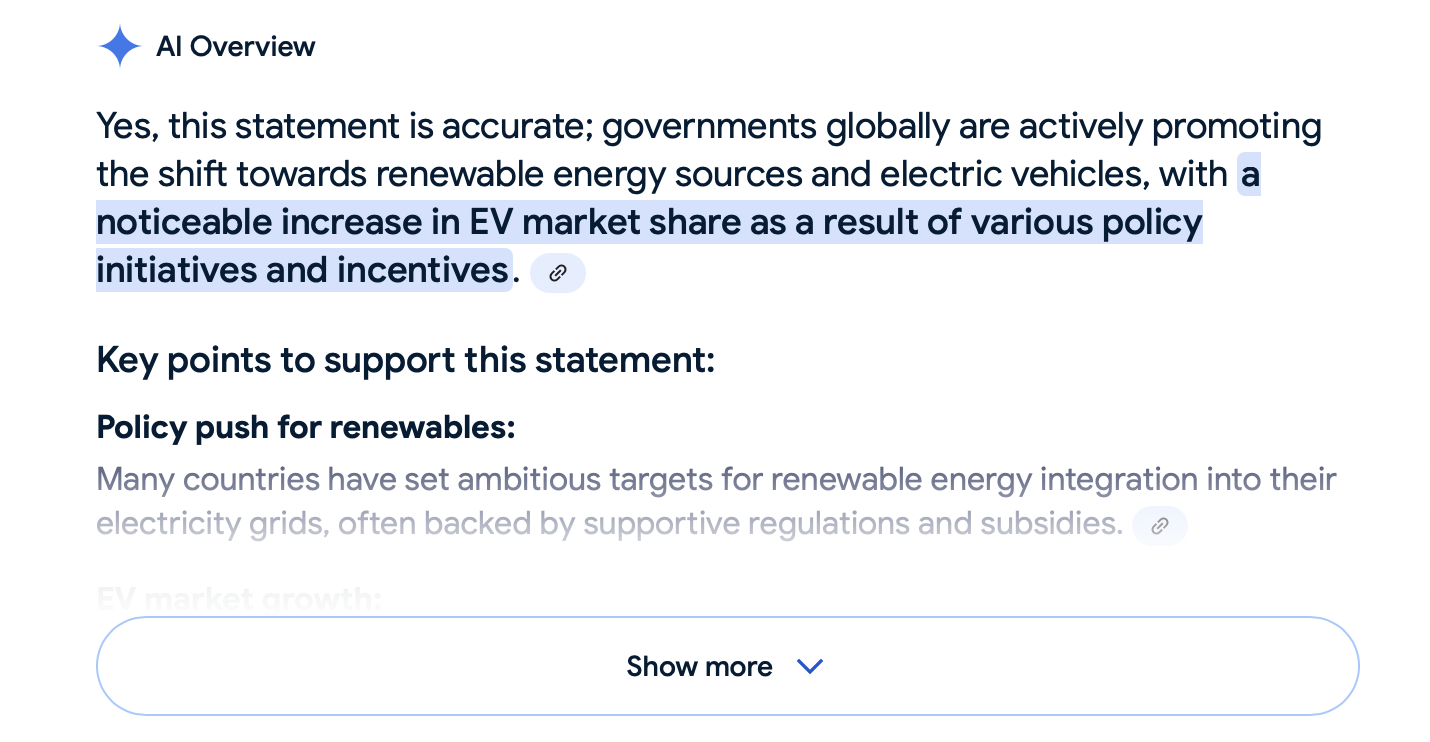
The Science Behind The Slow Drinker
Drinking five drinks a day sounds excessive—until you understand the science behind slow drinking. By consuming alcohol at a controlled pace, the body metabolizes it efficiently, preventing extreme intoxication and reducing health risks. Learn how slow drinking impacts your BAC and why context matters when it comes to alcohol consumption.









